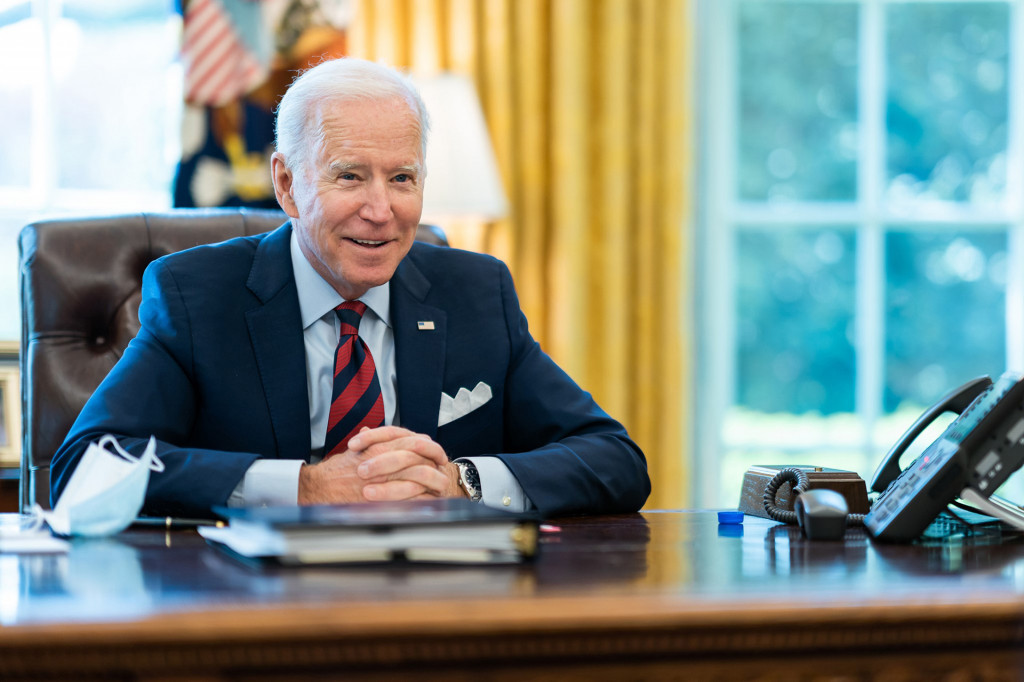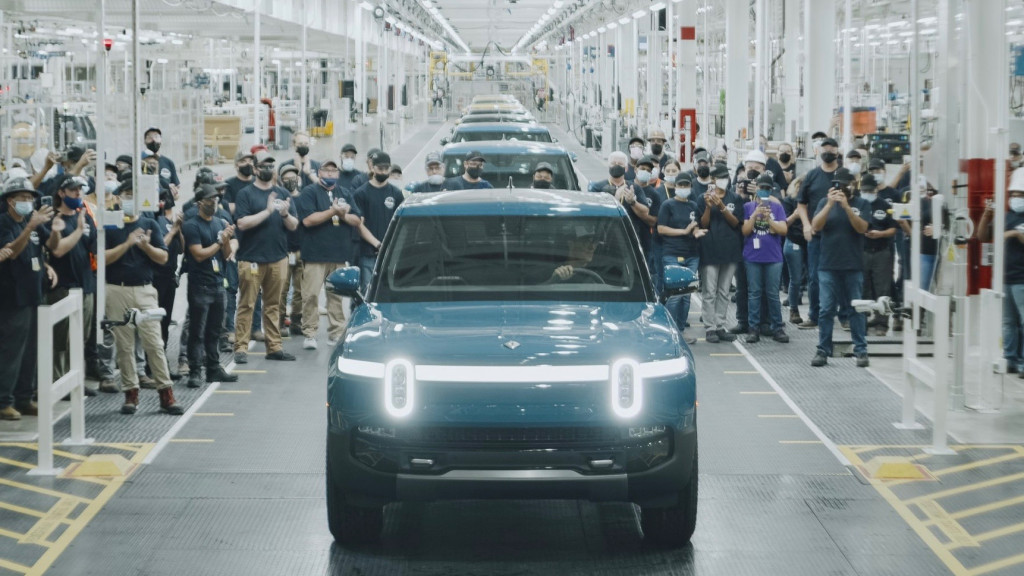Infrastructure bill: $7.5B toward nationwide network of 500,000 EV chargers
On Friday night, with the expected bipartisan support, the U.S. House of Representatives passed a $1.2 trillion infrastructure bill that designates $65 billion for upgrades of the nation’s electric grid and $7.5 billion for the nationwide deployment of EV charging stations.
Such a buildout potentially represents more than triple the number of charging stations in the nation at present. According to the U.S. Department of Energy there are currently about 122,000 charging ports—Level 2 and DC fast-charging connectors that could be used to charge EVs simultaneously. That’s at more than 48,000 station locations.
While the headlining pieces of the Infrastructure and Jobs Act include provisions to rebuild roads, bridges, and rails, and expand access to clean water and high-speed internet, the EV charging push is one of the few consumer-facing items for which Biden’s goal, of 500,000 nationwide chargers by 2030, hasn’t changed since his pre-election platform nearly two years ago.
According to a Biden administration fact sheet released Saturday, the legislation will provide funding for long-distance-oriented EV chargers along highway corridors, and for long-distance travel, and for charging options within communities.

President Joe Biden
“The investment will support the President’s goal of building a nationwide network of 500,000 EV chargers to accelerate the adoption of EVs, reduce emissions, improve air quality, and create good-paying jobs across the country,” the White House release summed. The funding is of course just a start; as a candidate, Bernie Sanders proposed $85.6 billion on a national charging network “similar to the gas stations and rest stops we have today.”
It’s quite a turnaround from earlier this year, when breaking climate policy and social policy into a separate bill led some Democrats to declare “no climate, no deal.”
In emphasizing charging, there will be more infrastructure to nurture EV adoption. Joe Britton, the president of the trade group that represents Tesla, Lucid, Rivian, and a wide range of other electric vehicle interests—all of which now have significant U.S. factory footprints—said that the bill’s passage represents “an unprecedented opportunity to accelerate the deployment of EVs, which will ensure that these benefits are delivered to all Americans—even those who never end up sitting behind the wheel of an EV.”

First customer Rivian R1T (from Rivian CEO RJ Scaringe via Twitter)
Any government-subsidized charging won’t be the only expansion of EV infrastructure. Last month Tesla announced plans to triple its Supercharger network within two years—although that announcement wasn’t nation-specific. Electrify America, supported by VW as part of the diesel-scandal settlement, will spend $2 billion from 2017 until 2027.
The infrastructure bill is potentially just the start of the federal government’s stronger support behind EVs. The second bill contains more of the Build Back Better plan and Biden’s EV vision, including an renewal of the EV tax credit—currently containing a controversial provision boosting union-built EVs—and other money potentially going toward equity, manufacturing, the supply chain, other incentives, and building out charging infrastructure.
That bill faces challenges, although it’s worth noting that the EV tax credit itself, prior to the union riders, had bipartisan support. President Trump reportedly nixed the EV tax credit renewal the last time around.

